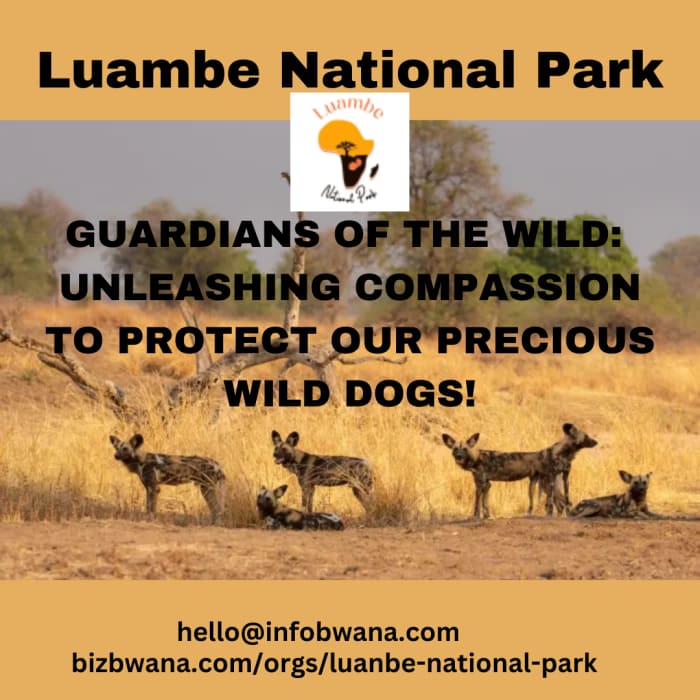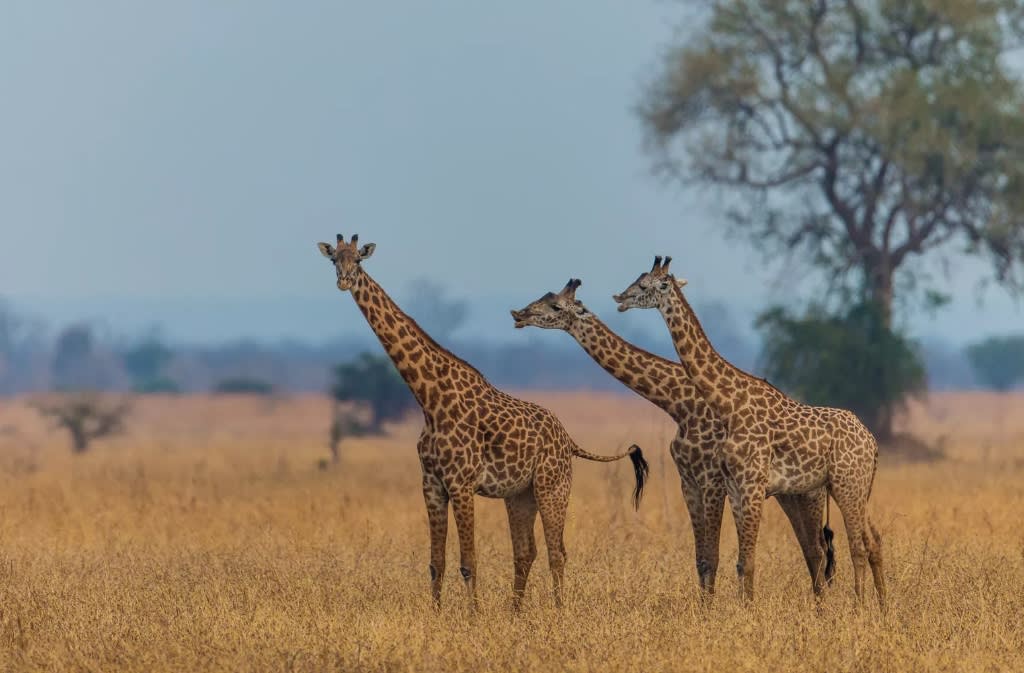
In Zambia, African wild dogs were historically distributed in various ecosystems, including grasslands, savannas, and woodland areas.
In Zambia, African wild dogs were historically distributed in various ecosystems, including grasslands, savannas, and woodland areas. They are highly social animals, living in packs with a complex social structure. Unfortunately, the population of wild dogs has declined significantly in recent years due to various human-induced threats.
Habitat Loss: One of the primary threats to wild dogs in Zambia is habitat loss. As human populations expand and agricultural activities increase, the natural habitats of these animals are being fragmented and destroyed. This limits the availability of suitable areas for wild dogs to roam and hunt.
Human-Wildlife Conflict: Wild dogs may occasionally come into conflict with local communities, especially when they prey on livestock. In retaliation, farmers may kill or capture these animals, contributing to the decline in their population.
Disease: Wild dogs are susceptible to diseases transmitted by domestic dogs, such as canine distemper and rabies. As domestic dogs come into contact with wild dog populations, the risk of disease transmission increases, posing a threat to their survival.
Poaching and Snaring: African wild dogs are sometimes unintentionally caught in snares set for other animals. Additionally, they may be targeted by poachers for their body parts or killed due to misconceptions about their threat to livestock.
Why African Wild Dogs Need Protection:
Biodiversity Conservation: African wild dogs play a crucial role in maintaining biodiversity by regulating prey populations. Their presence contributes to the health and balance of ecosystems.
Indicator Species: The health of wild dog populations can serve as an indicator of the overall well-being of an ecosystem. A decline in their numbers may signal broader ecological issues that require attention.
Cultural and Ecotourism Value: Wild dogs are charismatic and unique species, attracting ecotourists and wildlife enthusiasts. Their presence contributes to the economic value of conservation efforts through tourism.
Conservation of Endangered Species: African wild dogs are classified as endangered by the International Union for Conservation of Nature (IUCN). Protecting them also aids in the conservation of other species that share their habitat.
Conservation efforts in Zambia and other regions involve a combination of habitat protection, community engagement, anti-poaching initiatives, and disease monitoring. Collaborative efforts among governments, local communities, and conservation organizations are crucial to ensuring the long-term survival of African wild dogs in Zambia and beyond.

